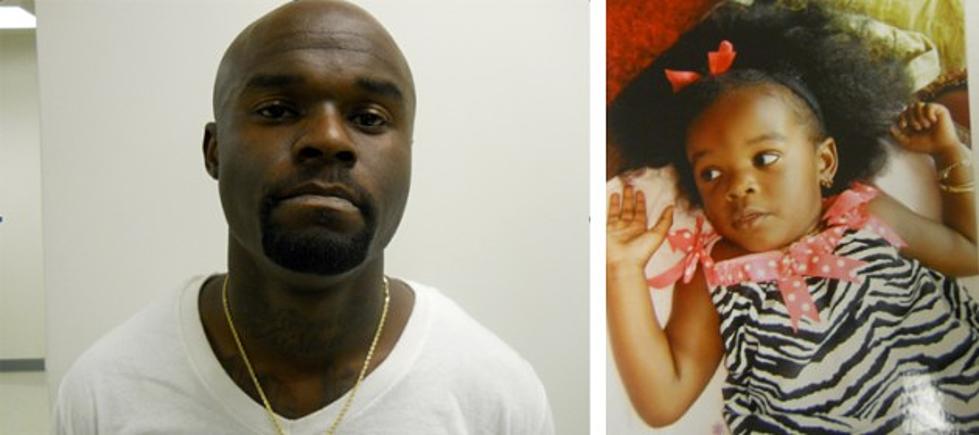![NJ Teen Drivers Could Soon Need More Training [AUDIO]](http://wac.450f.edgecastcdn.net/80450F/nj1015.com/files/2011/11/teen-driver-630x402.jpg?w=980&q=75)
NJ Teen Drivers Could Soon Need More Training [AUDIO]
An Assembly Committee has released legislation that’s designed to make sure teen drivers get more adult supervision – and training behind the wheel – before they get their graduated drivers license.
Under the bill, any teen driver under the age of 18 who is applying for their learner’s permit or examination permit would first be required to have a parent or guardian complete an approved teen driver orientation program, which may be done through an approved online provider. This program also would be available, but not required, for drivers between 18 and 21 who are seeking an examination permit.
The measure would also require any driver under the age of 21 who holds an examination or special learner’s permit to complete a minimum number of certified practice driving hours with a parent, guardian or adult supervisor. Any teen driver with a special learner’s permit would be required to complete 50 hours of practice driving, 10 hours of which would be at night, in addition to the currently required six hours of certified driving school instruction.
Drivers with an examination permit would be able to complete the aforementioned requirements or, alternatively, complete 100 hours of certified driving, 20 hours of which would be at night.
The legislation also would require that the current six hours of certified driving instruction be private and one-on-one instruction. It also would require the MVC, in consultation with the state Division on Highway Traffic Safety, to update and standardize traffic safety/driver education guidelines for public and private schools in the state.
Finally, the measure would extend the permit phase from six months to one year for all new drivers, age 16 to 20, before they become eligible for a probationary license.
Assemblyman John Wisniewski, a primary sponsor of the legislation and Chairman of the Assembly Transportation Committee, says far too often “we’re hearing about situations where teens get involved in accidents or receive a ticket…and the parents response is – I had no idea that they had to be in by a certain time, I had no idea that there was a limitation on the number of other passengers in the vehicle – this is a way of making sure that there’s enforcement not just by law enforcement, but there’s enforcement at home.”
He says the idea here is to try to make sure teen drivers are ready for what they will encounter on Jersey roadways, “which is other drivers who may be acting aggressive, other drivers who may act in an unexpected fashion – our young drivers need to be prepared to expect the unexpected…this is to make sure that our young drivers are adhering to the law, making sure that they have enhanced training standards – not only to protect them but to protect everybody on the road around them.”
He also points out Jersey is certainly a challenging state to learn to drive in – “our roadways are over capacity, so there’s very little place to go, which means there’s very little margin for error…I think most parents would agree they want their young drivers to be as well prepared as possible on the road, because while you’re sitting next to them when they’re a young driver in training, there’s a lot you can do, but that first day they leave the home on their own with the car, you sit in the house and you worry, and you cross your fingers and you hope everything goes okay – this is going to make sure they are okay.”
More From Beach Radio
![Christie Says No New Spending [AUDIO]](http://townsquare.media/site/395/files/2011/11/20111128Prison110.jpg?w=980&q=75)
![Christie Outlines Expansion of Drug Court Program [VIDEO/AUDIO]](http://townsquare.media/site/395/files/2011/11/christie_camden11.jpg?w=980&q=75)






